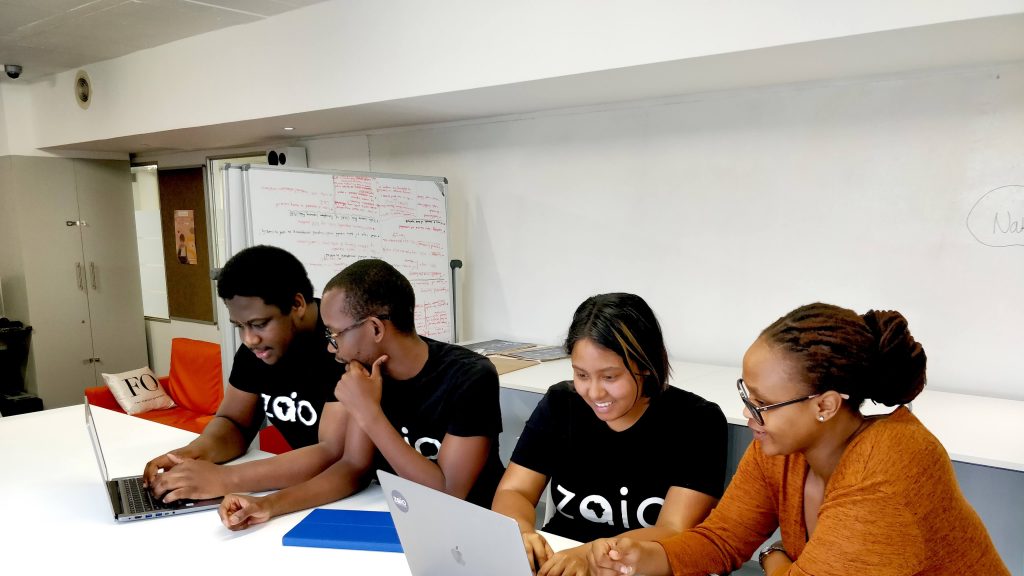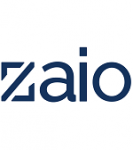We all have them. Those apps we open without thinking. Not because we need anything in particular, but because they feel… safe, in some…
The real cost of a bad hire. Zaio invites companies to hire their next elite talent

A bad hire can be a nightmare. Direct costs such as salary and employee benefits are most likely the first things that come to mind. However, a bad hire can cost your company way more than what you think.
Ever thought about the time a manager spends on managing this under-performing employee? Robert Half’s survey with CFO’s reported 26% of the manager’s time is spent on managing the bad hire. That’s 10 hours out of a 40-hour work week lost.
Furthermore, the research showed that CFO’s were more concerned about the staff morale and loss of productivity within teams. “A poor hire can cause friction as other employees are left to take on extra work and fix projects that weren’t done right the first time. Bad hiring decisions can also cause staff to question management’s judgment and even lose faith in company leaders.” These are the words of Paul McDonald; Senior Executive Director for Robert Half.
Newly hired employees leaving the company is another sign of bad hires. Time and money spent on replacing such an employee forms part of the costs due to the initial bad hire. A Harvard Business Review study proves that 80% of employee fluctuation happens because of poor recruitment decisions.
A CareerBuilder survey reports that a price tag of R283 000 or higher is attributable to making a single bad hire for 41% of companies. In the same study, 25% of businesses placed a bad hire at the cost of R950 000 or higher. Nearly 74% of employers say they’ve hired the wrong person for a position.
Bad hires directly signal flaws in the company’s hiring processes, and would be worthwhile relooking them before your next hire.
Avoiding a bad hire
Hiring can take time, but that is not surprising – the most important asset of any business or organization is its people. It doesn’t matter if it is a small company or a business employing thousands.
Taking short-cuts to build your team may ease pressure on immediate plans but create regrets in the long term. Therefore, it is worthwhile to be patient, to build a comprehensive recruitment strategy, and put in the most effort to execute the strategy.
One of the most common mistakes in any hiring process is a cultural mismatch of a candidate due to being hired based only on experience and skill-set. Culture fit of employees plays a significant role in the long-term success of the company, and this solely relies on the compatibility of the company culture with the candidate’s personal values, ambitions and motivations.
A work-readiness training programme can solve the problem for recruiters by exposing the company’s culture to potential candidates over the training period; allowing recruiters to identify the best performing candidates with great cultural fit.
Zaio, a pioneer coding school specializing in work-readiness programmes is starting its next three-month Full-Stack Web Development training programme in September, inviting South African companies to get involved in the programme and get insights on every candidate without any costs. Companies will be able to book and hire their favourite developers at any time during the programme.
The programme will upskill candidates in the latest web technologies including HTML/CSS, Javascript, ReactJS, NodeJS, as well as popular work management tools such as GIT, Slack and Trello. Most importantly, the programme simulates the work environment preparing the candidates for the real world! Companies can get intouch with Zaio by filling in form.
Ross Baron, Head of Recruiting of Western Europe at Tik Tok comments on the importance of hiring employees.
“The fastest hire isn’t the best hire, and the cheapest hire isn’t the best hire. It’s all about the result – the business impact,” he said.
Feature image: Supplied
Company Office is a subscription-based press office service.


